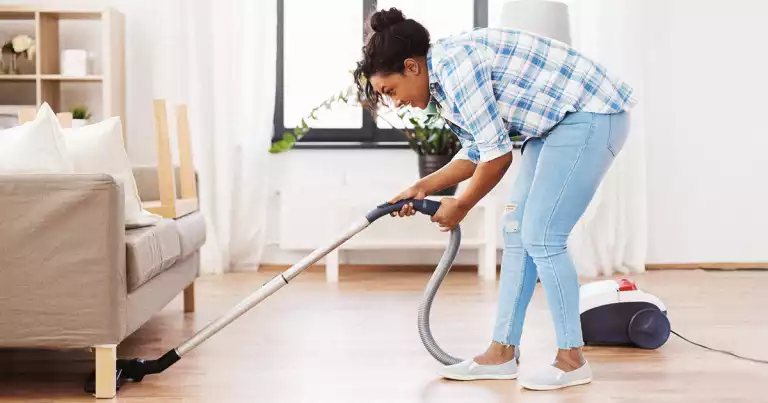Do Dust Mites Bite? How to Know If You Have Dust Mites
3 minute read
Do dust mites bite? We’re letting the cat out of the bag: There’s no such thing as a dust mite bite! The symptom that most people write off as a dust mite bite is actually just a dust mite allergy, which can manifest as an itchy, red rash.
Now that we’ve cleared up the myth surrounding the dust mite bite, let’s take a step back. From how they enter your home to what they actually are and everything in between, here’s how to know if you have dust mites in your home.
How to Know If You Have Dust Mites
What Is a Dust Mite?
A dust mite is a microscopic mite that lives in many areas of your home. These pests feed on dead skin and pet dander, living mostly in high-humidity climates since they survive by absorbing water from humid atmospheres. In fact, as long as the environment is humid, male dust mites can live for about a month on average, while female dust mites live for around 90 days.
Who Is at Risk of Dust Mites?
Typically, older homes, abodes in humid climates, and spaces with musty odors are more likely to have dust mites as they thrive in high-humidity environments. Historically, dust mites cannot survive in areas with low humidity, but no matter where you live, you might find them living in your clothing, mattresses, bedding, carpets, pillows, rugs, furniture, blinds, curtains, and stuffed animals—to name a few.
If Not a Dust Mite Bite, Then What?
Since we’ve debunked the ‘do dust mites bite’ myth, it’s possible that the symptoms you’ve been experiencing are really just the result of an allergic reaction.
Since dust mites thrive in high humidity, just like other common allergy and asthma triggers, the hotter, humid seasons of the year put you at risk of worse, more noticeable symptoms like:
- Sneezing
- Coughing
- Postnasal drip
- A runny or stuffy nose
- Itchy, water eyes
- Red, itchy skin rashes
- A scratchy throat
These can be a surefire sign that you’re experiencing a dust mite allergy. Consult with your physician to learn more about your symptoms and potential medications that can offer relief, like over-the-counter decongestants or prescribed allergy pills.
Tips to Help You Evict Dust Mites
While there’s no current remedy to get rid of dust mites completely, there are several steps you can take to lessen their presence and improve the health of your home and family!
Target Areas Where Dust Mites Thrive
We have a pretty solid sense of where these pests thrive, so it’s important to:
- Wash bedding once a week in hot water
- Encase pillows and mattresses in protective covers
- Clean stuffed toys often and store them away from beds
- Dust often and declutter to limit dust collection
- Ditch carpeting and opt for wood or synthetic flooring instead
- Regularly use a HEPA filter vacuum
Protecting Your Whole Home From Dust Mites and Allergens
While targeting areas where dust mites thrive is important, ensuring your entire home is protected from unwanted allergens, mold, and more harmful airborne pollutants is the key to everyday wellness! Healthy Air can help.
Using an AprilAire Whole-House Dehumidifier can help reduce the concentration of dust mites and other contaminants that thrive in high humidity. By balancing your home’s humidity between 40–60%*, you can reduce your risk of developing health risks associated with too-high humidity levels!
Filtering the air inside your home can help, too. Capture allergy and asthma triggers with help from AprilAire Whole-House Air Purifiers and Air Filters.
Put your best home forward with the all-in-one AprilAire Healthy Air System®, providing fresh air ventilation, air purification, humidity control, and more! Contact your local AprilAire Healthy Air Professional to discover the right solutions for your home so you can banish dust mites, virus-sized particles, and other Indoor Air Quality threats.
*While balanced humidity exists between 40 and 60%, it’s important to remember that outdoor temperature and other home factors will impact what relative humidity level is attainable and recommended for your house. Talk with your Aprilaire Healthy Air Professional to learn more.


